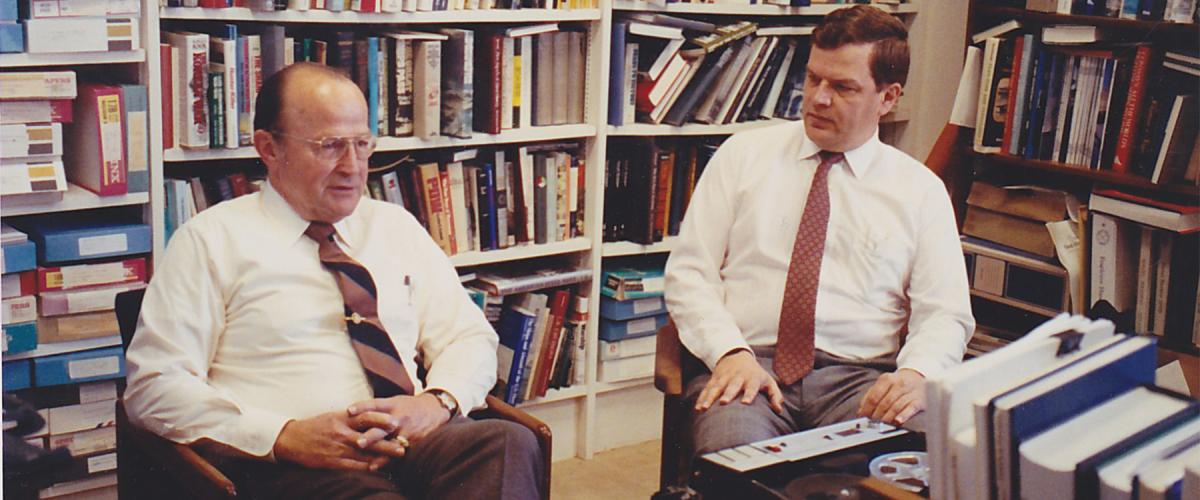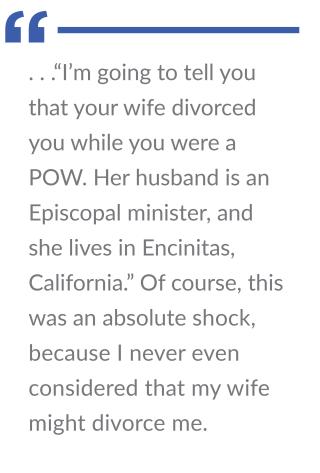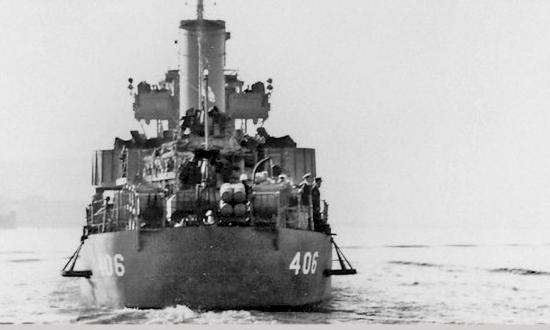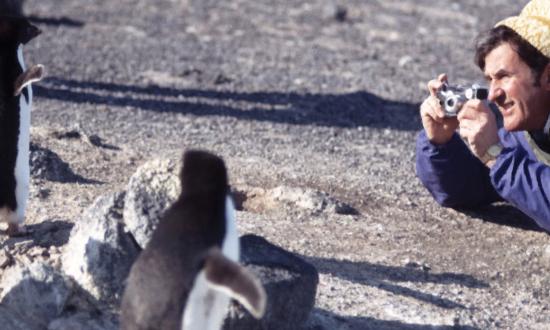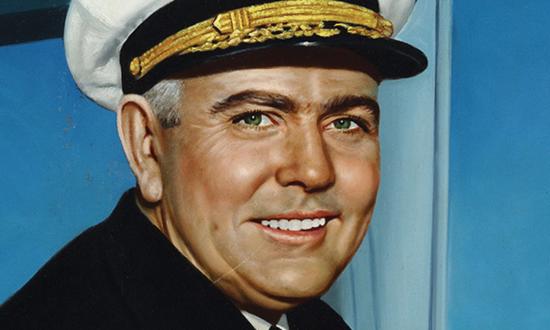Fifty years ago, in response to the Paris Peace Accords, the United States began withdrawing its military forces from Vietnam, and North Vietnam agreed to release the U.S. prisoners of war it was holding. A strong leader among the POWs was Captain Lawrence. The following is an edited excerpt from his interview with the Naval Institute’s Paul Stillwell on 3 December 1990.
The release, as I recall, was conducted in four segments. On the 4th of March 1973, I was released as part of the third group. Of course, by that time we were emotionally hardened individuals. We refused to allow ourselves to get too euphoric. You just didn’t want to have your hopes dashed.
When the release occurred, all of us in my group were taken in buses to the commercial airport in Hanoi. The North Vietnamese had given us cotton trousers and a simple jacket in place of the striped prison dress we wore before.
We all got aboard an Air Force C-141 transport plane. It was not until the airplane got airborne on the way to Clark Air Force Base in the Philippines that we really allowed our exuberance to come out. I think we were all very guarded until we saw that coastline pass underneath us. Then we could allow our emotions to come unrestrained. As soon as we were “feet wet,” to use a naval aviation term, we just yelled and shouted.
While I was on the airplane, an Air Force officer came to talk to me. He said, “My wife is from your hometown of Nashville, Tennessee.” Then he said, “I understand that you’re going back to the naval hospital at Memphis.” Although I didn’t think seriously about it, I said to myself, “Gee, why am I going down to Memphis, Tennessee, when my family is in the San Diego area?” My squadron had been at Miramar Naval Air Station. I expected to go back to a hospital in San Diego. It just didn’t even register with me.
Once we arrived at Clark Air Force Base, they took us by bus immediately over to the hospital. Then they took us up to the ward, but since it was late in the afternoon they didn’t have any formal things planned for us. They essentially put four POWs to a room. As we were standing around out in the hall just chatting, I sensed that some people were observing me, but I really didn’t think very much about it.
Then Ross Trower, a Navy captain who was the chaplain for the Service Force Pacific Fleet, came up to me. He said, “I’d like for you to go with me into this room.” So he took me into the room and sat me down. He said, “I’m going to tell you that your wife divorced you while you were a POW. Her husband is an Episcopal minister, and she lives in Encinitas, California.” Of course, this was an absolute shock, because I never even considered that my wife might divorce me.
I didn’t feel bitterness when I received the news. Initially it was just great perplexity. And then, of course, people observed me very carefully as to how I would react to this. After that meeting was over, I don’t remember exactly what I did, but I remember when I finally went to bed, the impact of this really hit me. It was a very rough, very emotional night for me. I said to myself, “Gosh, you’ve been through a hell of a lot for six years, and you simply have to get this behind you.” I was able to do so that first night.
Then I remember calling and talking to my three children. Of course, they were all living out in the same area where my wife was, in Encinitas. When I heard them, I didn’t like the sound of their voices; I mean, they just seemed to have no enthusiasm. These had been fine, young, exuberant children when I left. So I said, “Well, boy, I’d better take that one on.” Of course, I also talked to my parents in Tennessee. They were happy, and I was happy to find out that they were both in good health.
When I arrived in Memphis, the admiral there escorted me over to a microphone to make a talk. I looked across, and there were my parents, my two brothers, my three children, and my son’s wife, all standing in front of me. Then my family and I were given rooms in the Navy lodge. That began the process of really getting caught up on all the voids I had about how my family was doing.
The attention that the released prisoners experienced was surprising but understandable. The unfortunate thing about it is that the POWs were the only real heroes of that war. Everybody else was treated very cruelly; it always bothered us very much that we were treated differently from the other veterans.
Lawrence subsequently married Diane Rauch. She was the physical therapist who helped Commander John McCain, a badly injured Vietnam POW, regain his mobility. McCain was the matchmaker who brought the couple together, and it was his persistence that led to their lasting relationship.



